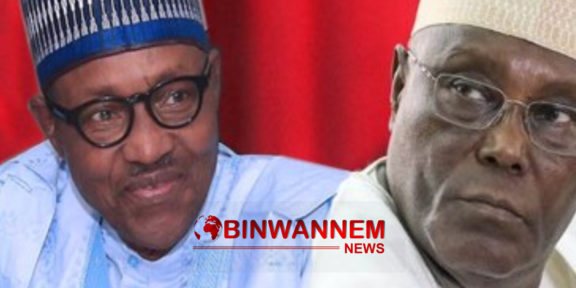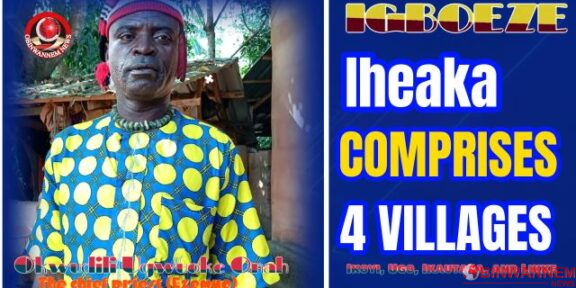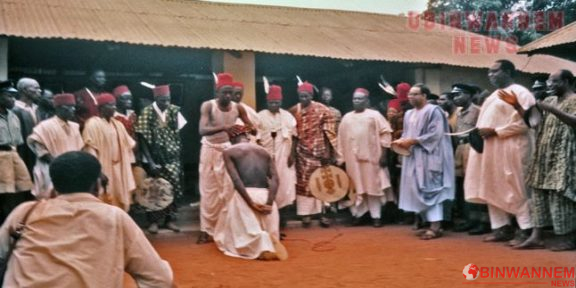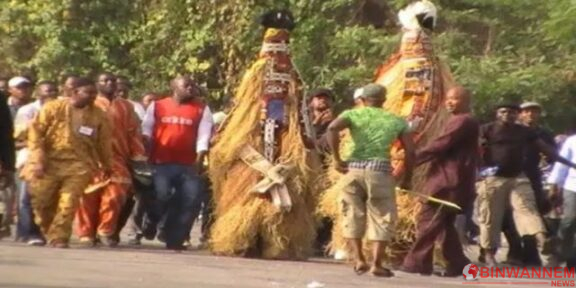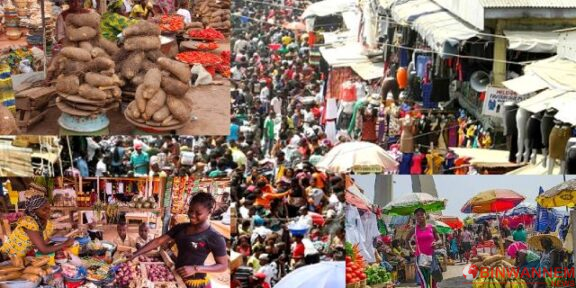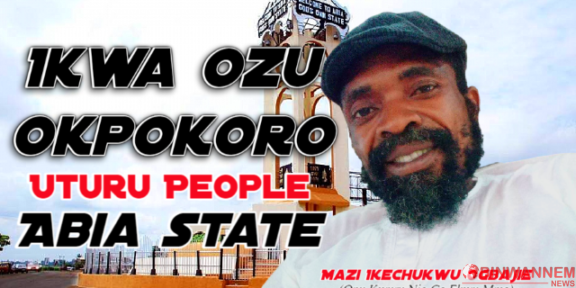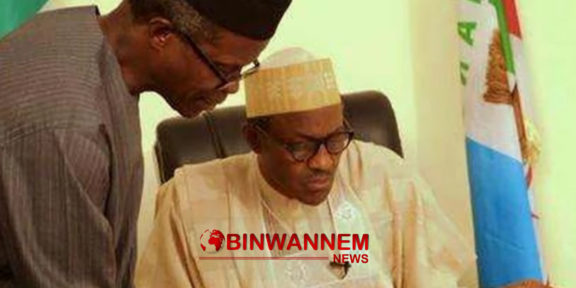In Africa, male children enjoy certain privileges and preferential treatment that position them above their female counterparts.
Among the Igbos of Southeast, children generally ‘both male and female’ are welcomed with joy. The birth of any child irrespective of the gender is the source of pride, honour and wealth in Igbo families.
However, male children in reality are superior, highly sought after or accorded immense respect in many Igbo families.
Many might argue that this tradition of son preference is gradually eroding as a result of exposure to Western education and introduction of Christianity, however, a closer look still reveals that it is still there. There is still pressure on Igbo wives to give birth to sons. It is not as if daughters are inferior to sons in Igboland but it is what it is.
The question now becomes why. Why are many women under pressure to birth sons in Igboland? Why is a woman’s position in her husband’s house considered secure only when she is fruitful and has produced a male offspring? Below are some of the reasons:
1, Igbo Tradition is Patriarchal: This is the best possible explanation. Igbo tradition is highly patriarchal and gender-sensitive as women are seen to be inferior to or subservient to men. A male child right from the outset is positioned as the head and is bestowed with certain privileges which he only enjoys. A woman who is yet to give birth to a male child in many Igbo families is considered as a cock on one foot in a strange land.
According to Legendary Nigerian novelist, late Chinua Achebe in his book, Things Fall Apart, the birth of a male child brings greater joy for the parents than that of the female child is with mixed feelings. The male child will carry on the family’s name and at the same time properly entrench the mother’s place in her husband’s heart.
This means that she has finally landed and that nothing can uproot her from the family. A male child is a strong voice of defence for the family but having a female child is like tending other people’s vineyard since she would be married off while yours is unkempt.
2, Male Children Continue Family’s Lineage: There is a reason why Igbos name their sons “Ahamefula,” may my name not perish; “Ikemefula,” may my strength not fade away; “Obinna,’ the father’s heart; “Ikenna,” the father’s strength, “Ugonna,” the father’s pride etc.
This is because sons are the symbol of strength and hope for their family’s continuity. Speaking to Vanguard Newspapers in an interview, the Enachioken of Abriba ancient Kingdom, Exe Kalu Kalu Ogbu ‘iv’ said that Ndigbo have a culture that female children will eventually be married off, so any family without a male child is seen to have gone into extinction. Male children bear the family’s name unlike female children who change names upon getting married.
3, Inheritance of Ancestral Property: This is a major reason why Igbos don’t allow their daughters to inherit ancestral lands. Please, note that ancestral land is different from acquired land. Both male and female children in Igboland can inherit the acquired lands and properties of their wealthy parents especially those in the cities.
However, ancestral lands which are not sold cannot be inherited by females. Ancestral lands are personal homes or “obi” of Igbos and are only inherited by men. They also include farmsteads and vast lands of prestige transferred from generation to generation.
In Igboland, male children are positioned to inherit the ancestral lands of their fathers and pass them unto their male offspring. Their daughters can get married to a stranger in a faraway land and if she is bequeathed in the ancestral land, it might give room for strangers to encroach.
This principle has helped in preserving the ancestral lands of the Igbos.
4, Certain Privileges: Since Igbo culture is highly patriarchal, there are certain privileges and responsibilities exclusive to the males. Privileges such as kingship, Ozo and other chieftaincy titles and communal decision making are reserved exclusively for the males. In a situation where a King doesn’t have a son/heir apparent, he might lose the position to his brother or another befitting male.
5, An Ego Boost: A family with many male children pride themselves as capable, strong and formidable. Back in the day, Igbo men are majorly polygamous. They marry plenty of wives in a bid to have numerous male children to enlarge their coast and territory.
Many villages also glory in their numbers as smaller villages are considered weak and could be swallowed up overtime.
Additionally, Male children are obviously physically stronger. They can wage war against their fathers’ adversaries and contribute to farm work and other family businesses to grow their fathers’ wealth.
Nwachineke Onyeke Chekwube reporting, Obinwannem news writer / November 27, 2021




